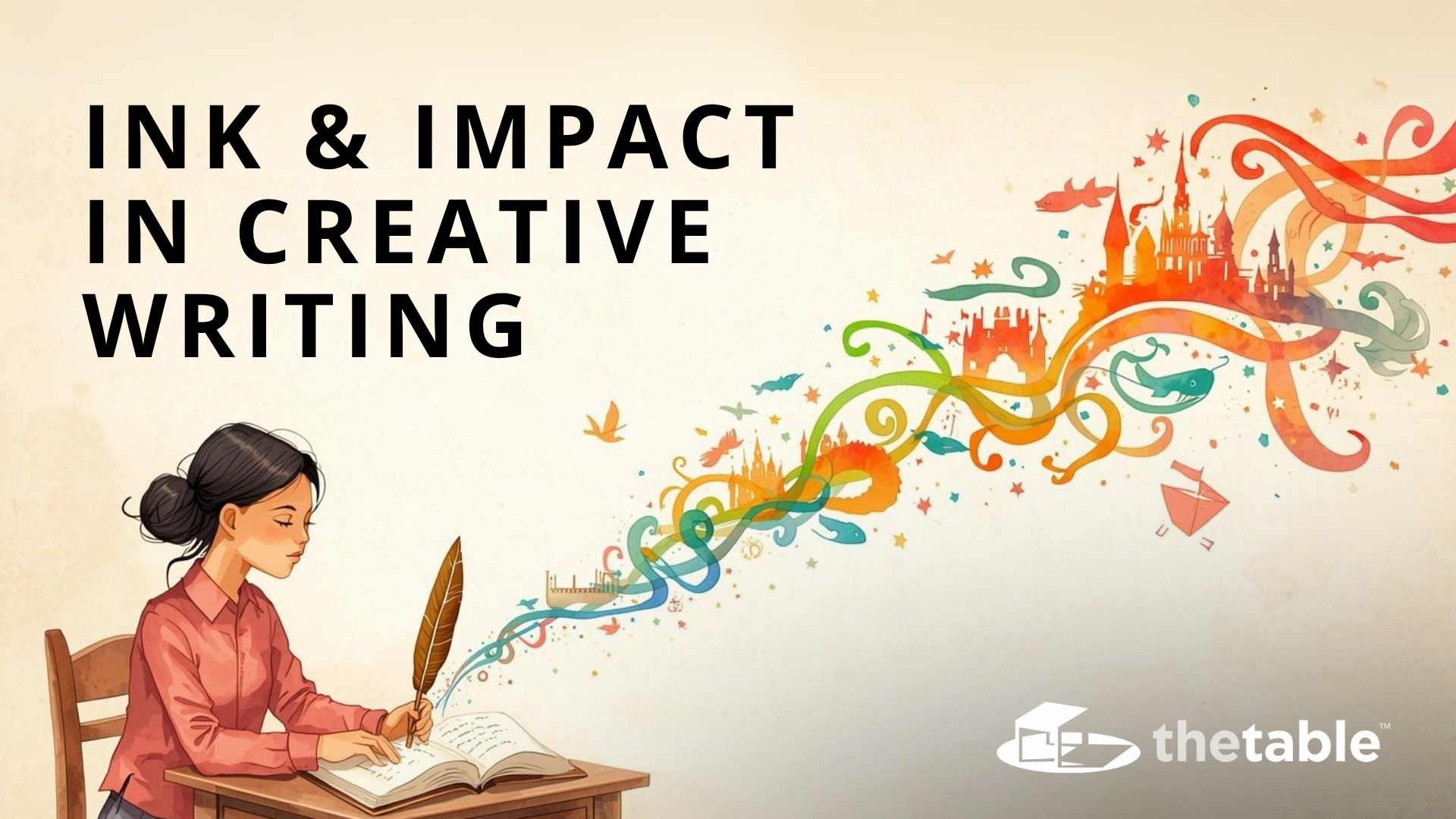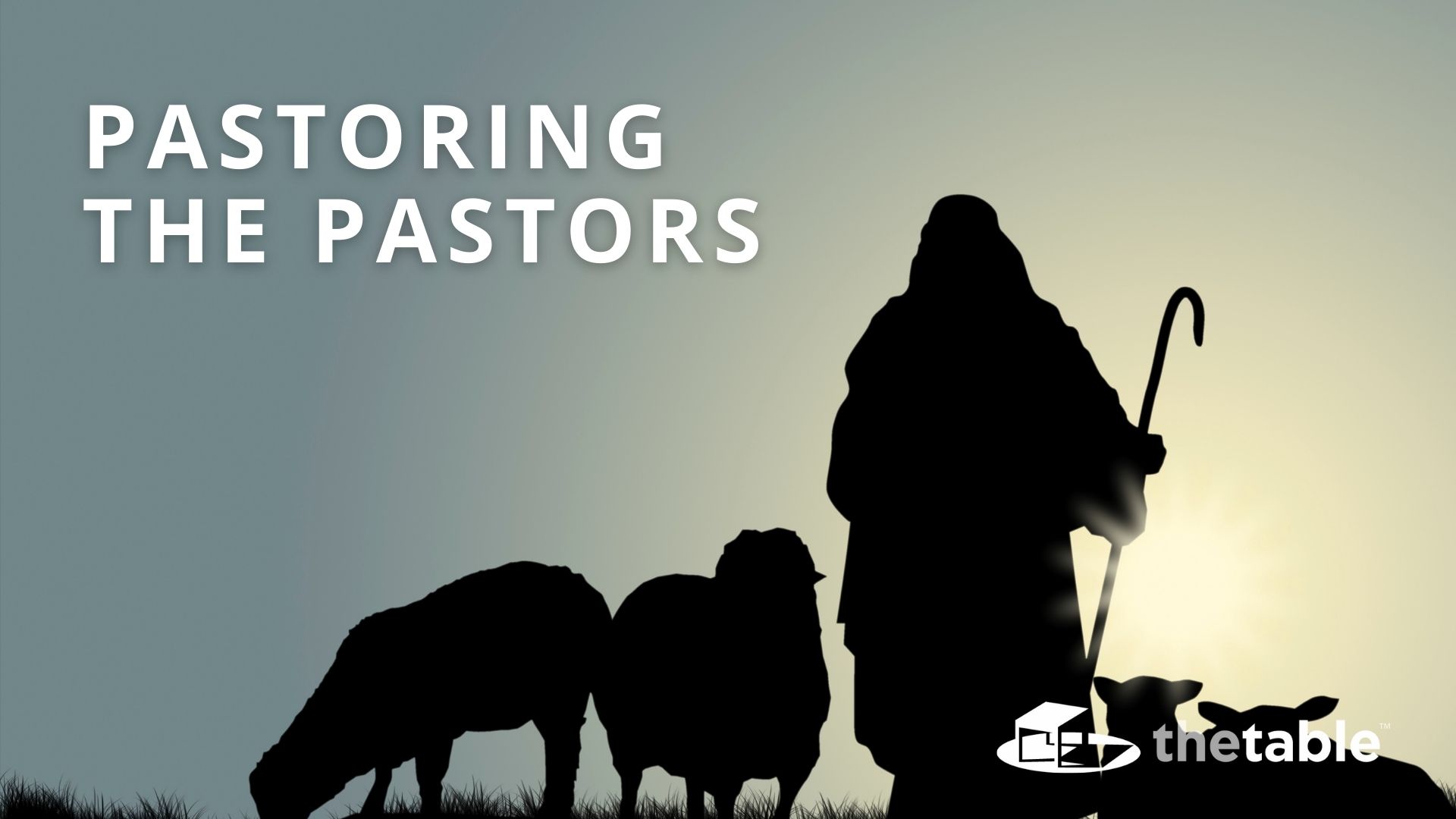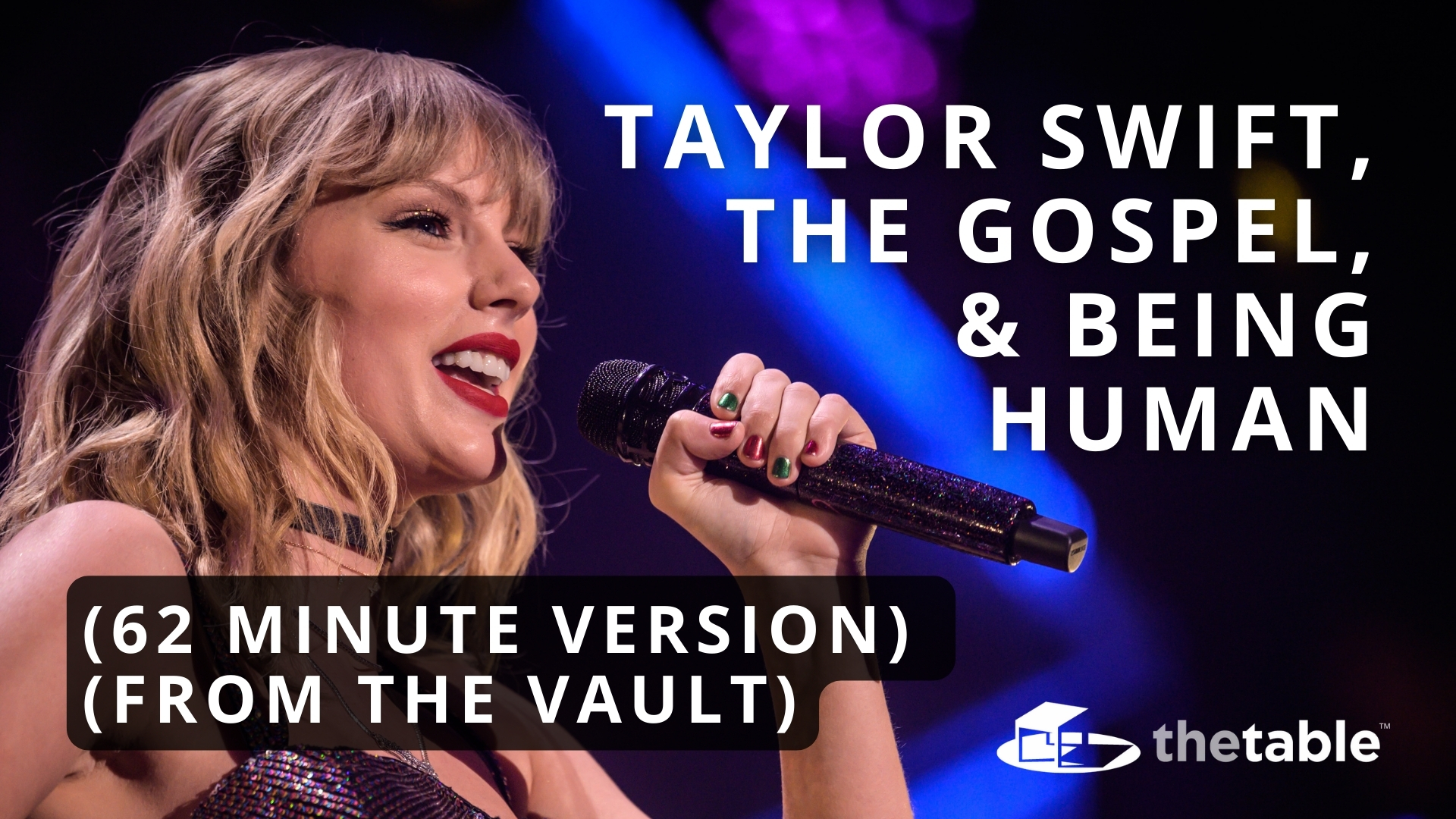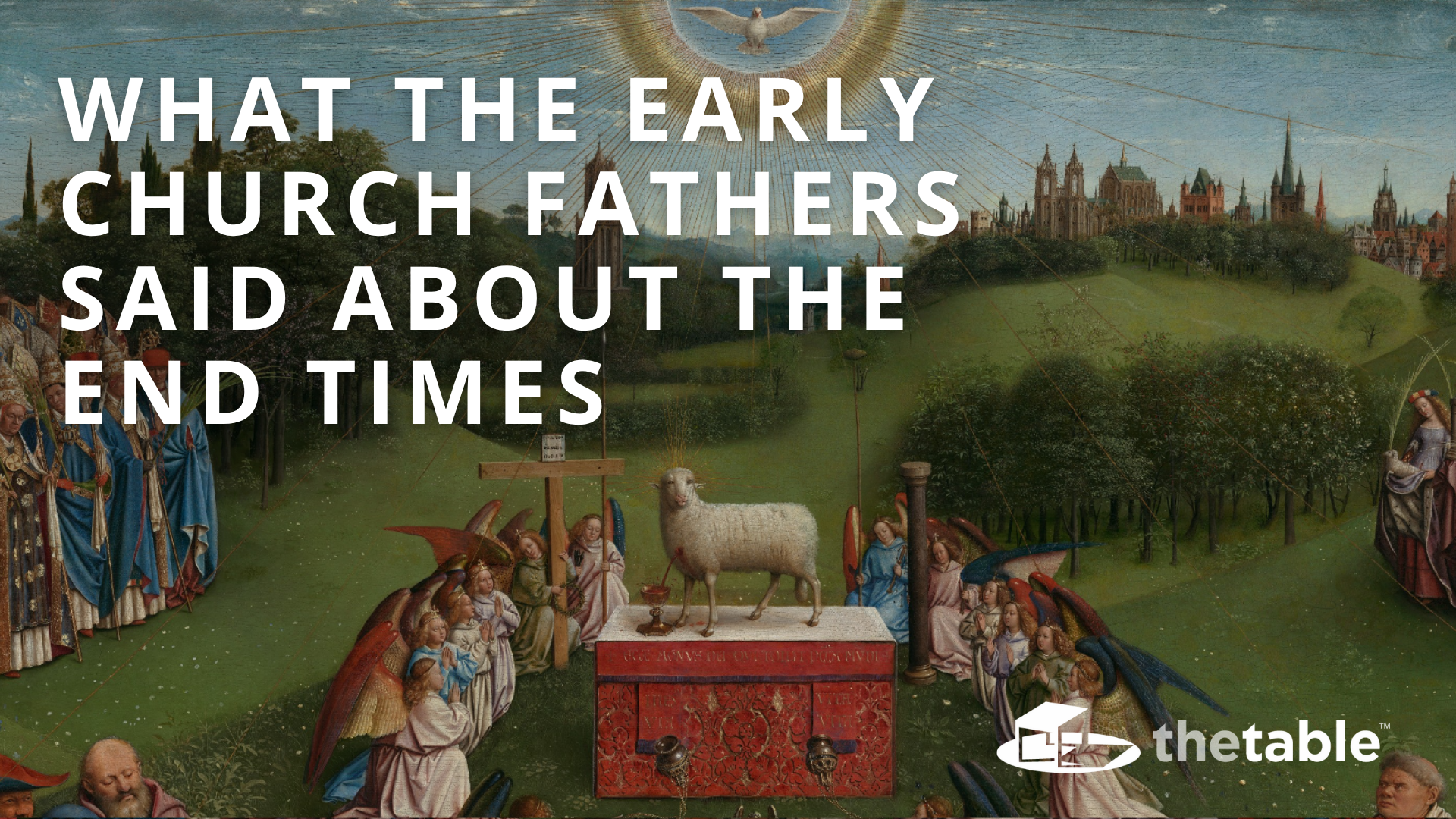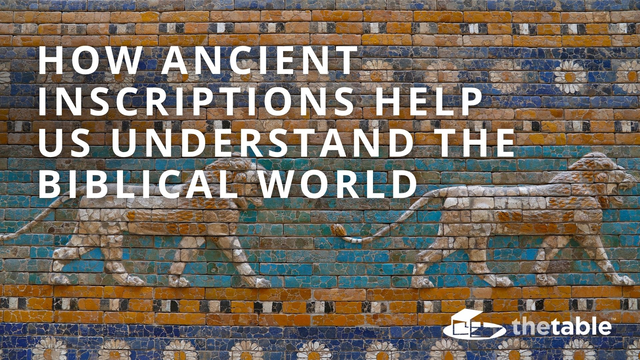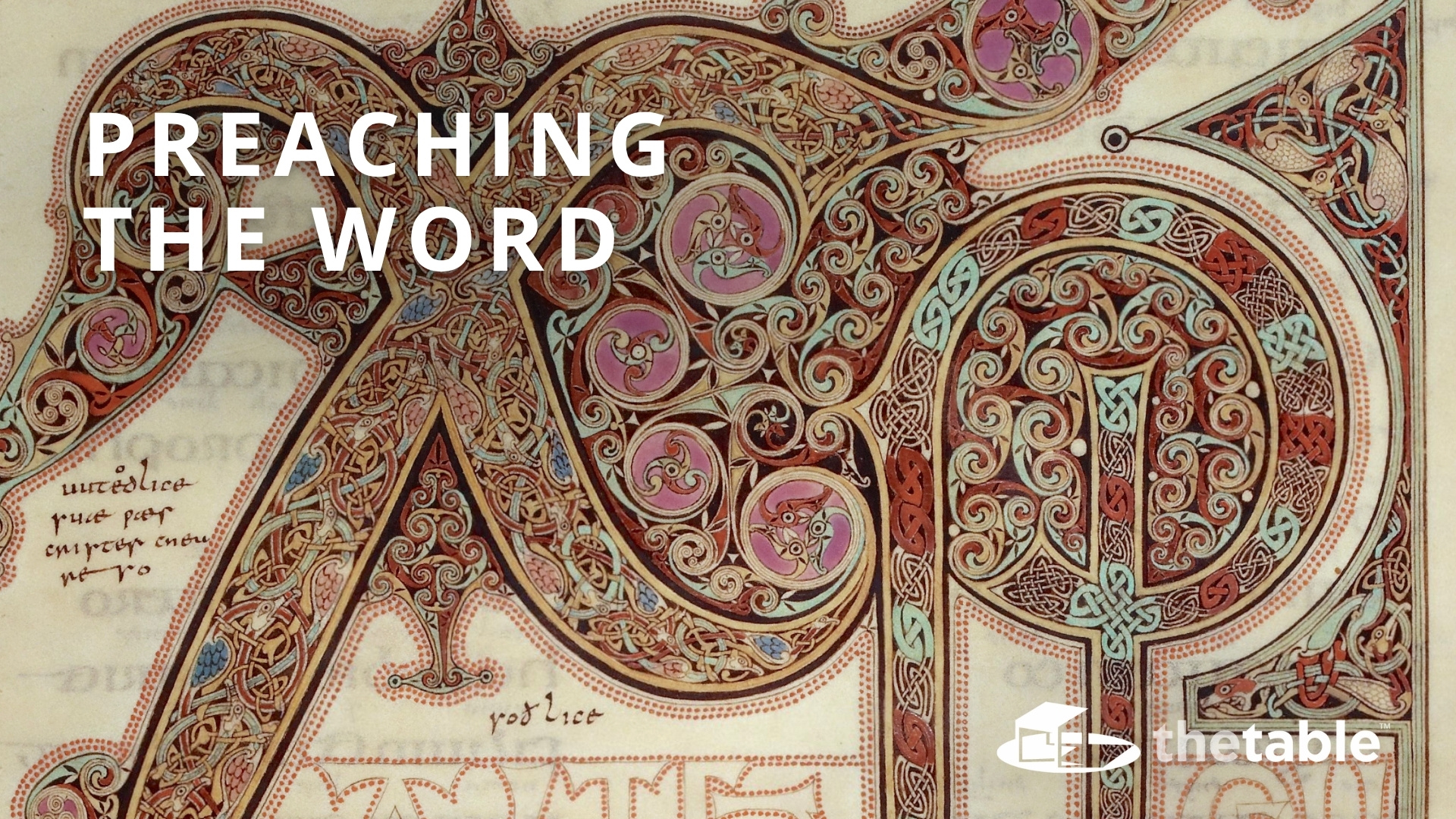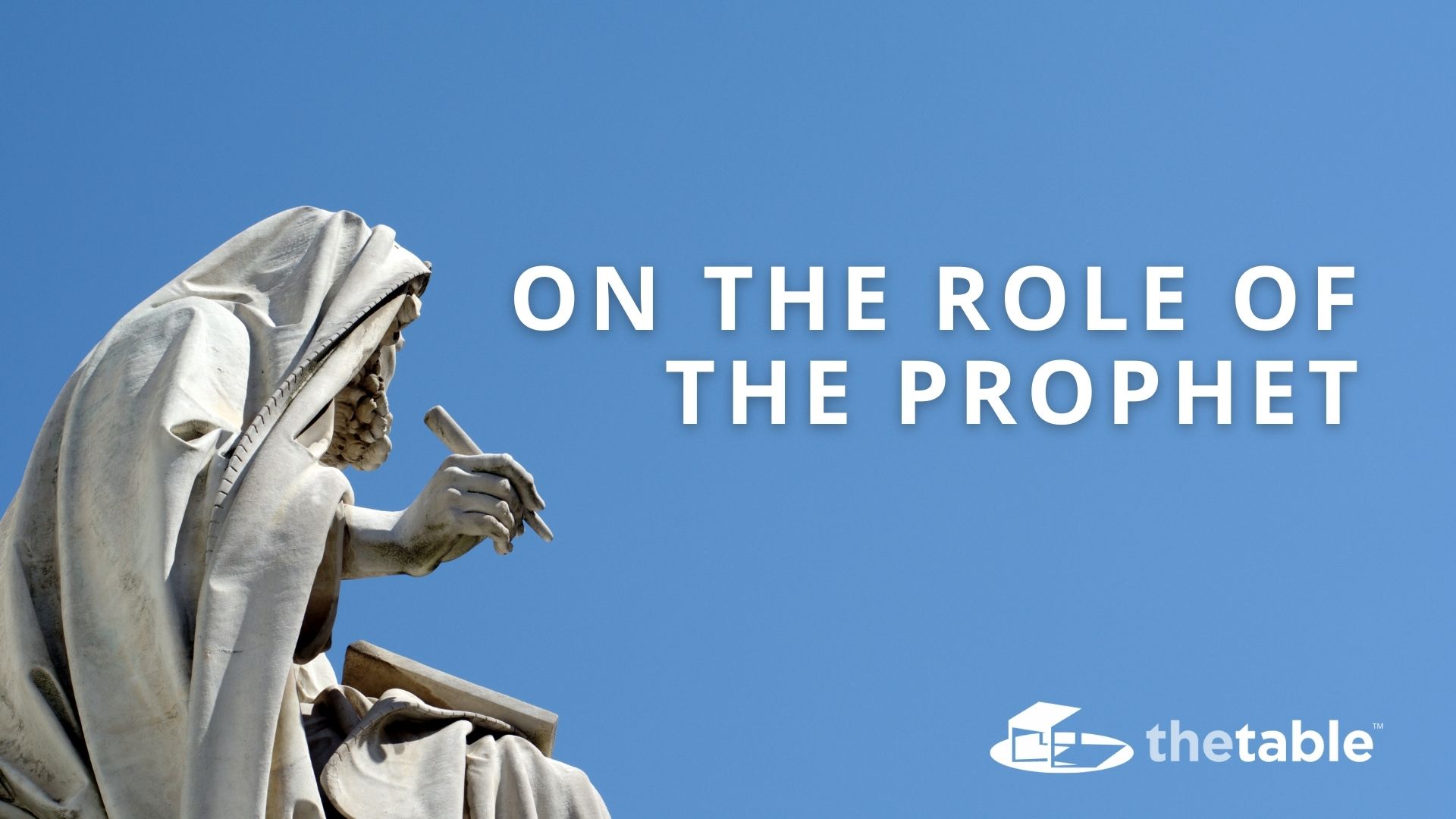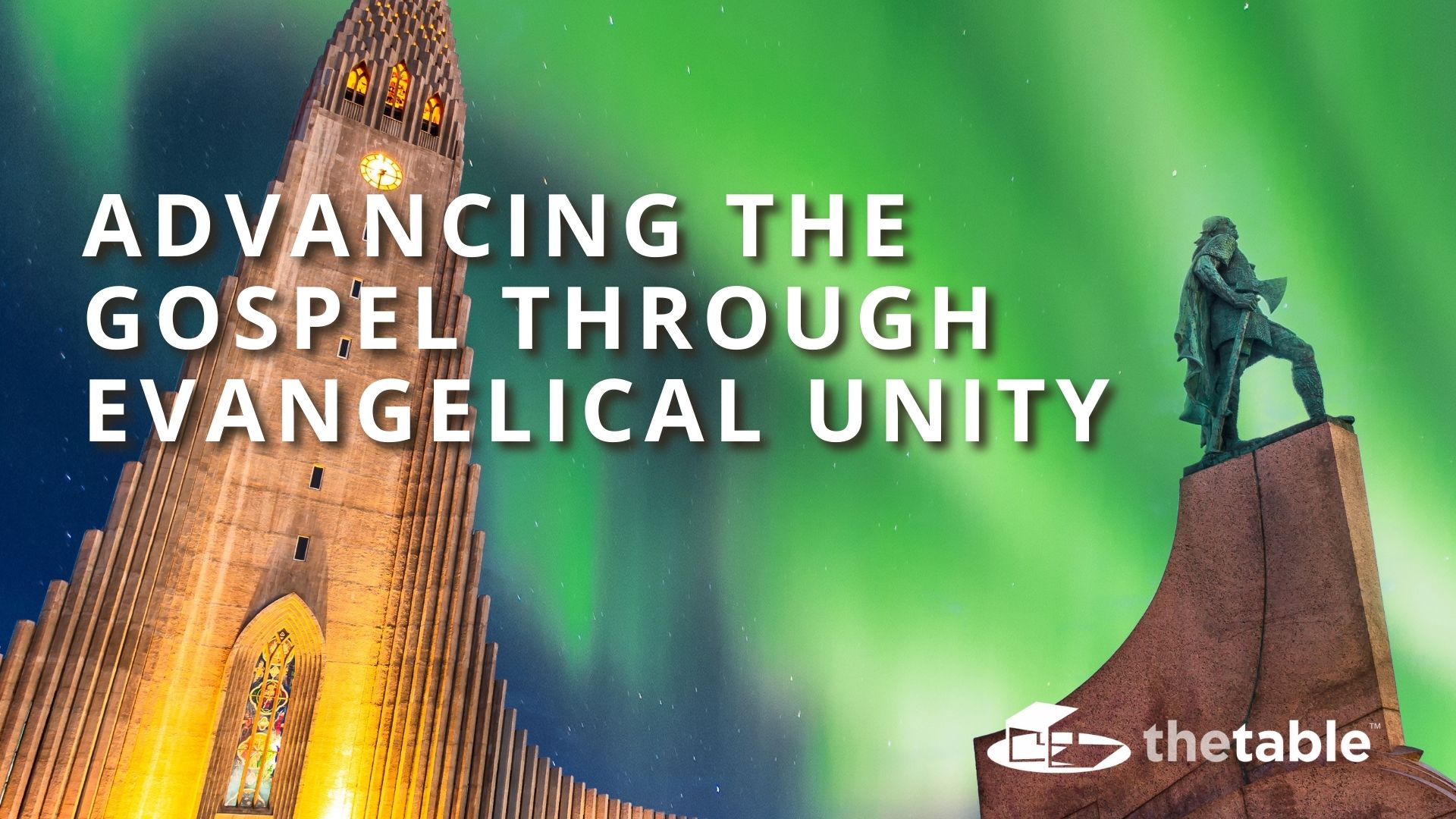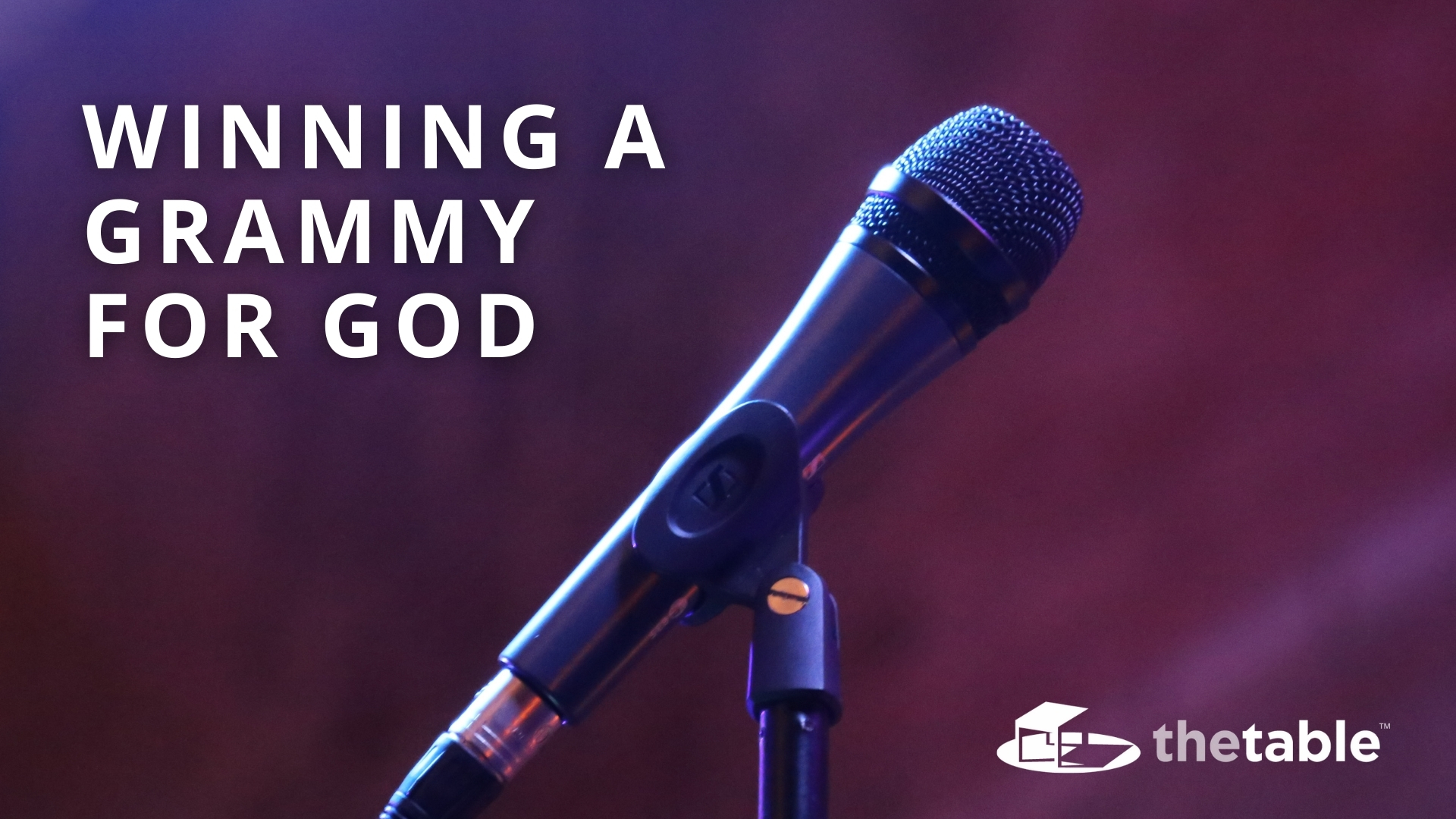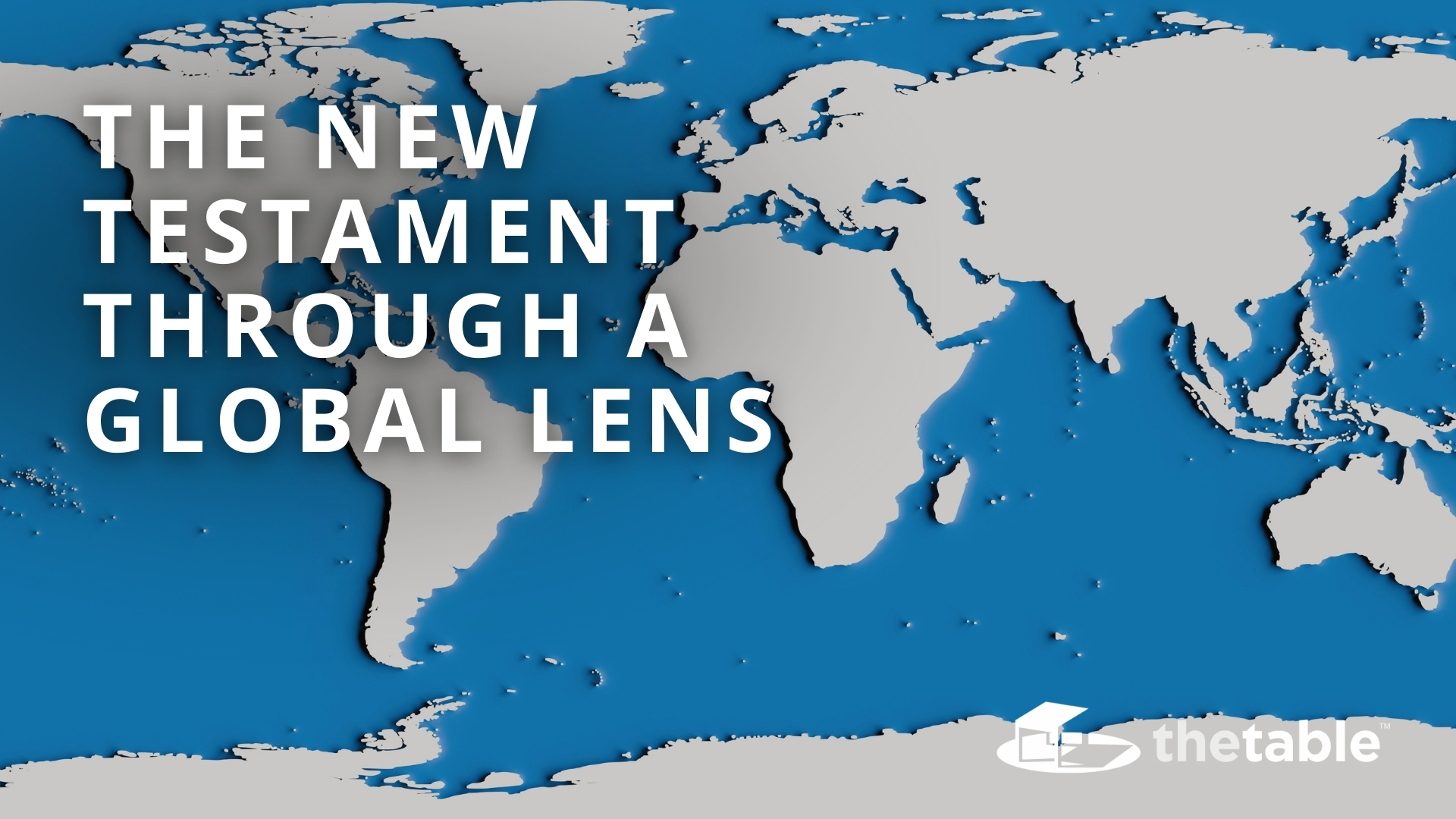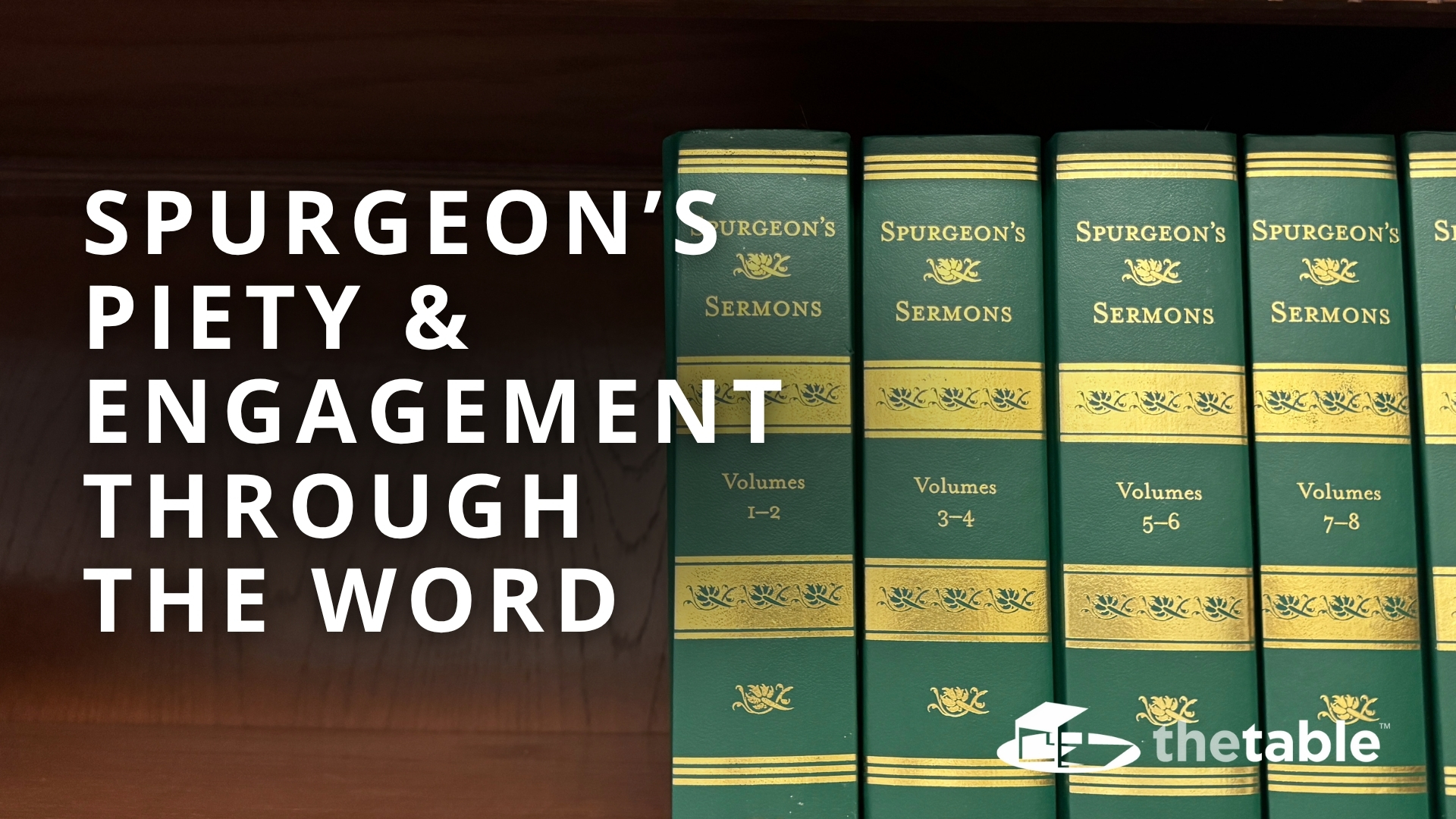Ink & Impact in Creative Writing
Description
Kasey Olander:
Welcome to The Table Podcast, where we discuss issues of God and culture to show the relevance of theology to everyday life. I'm Kasey Olander. I'm the web content specialist here at the Hendrick Center at Dallas Theological Seminary, and I'm so excited that you've joined us today. Today our topic is creative writing. So this is almost a $30 billion industry in the US around the year 2023. I think this is an important topic because a lot of us first learn to read by some sort of fictional writing. That's a lot of what children's first experience reading is. And then as Christians and at DTS, we care deeply about the written word. We believe that that reveals God to us. Obviously, we're not saying that scripture is creative writing because we believe in its inerrancy, but we also worship a God man, Christ, who spoke in parables and demonstrated creativity and storytelling. So we're embodied humans who respond to stories, and God has given us creativity and we get to emulate him in that way.
So for our topic, we have two esteemed s joining us today. First we have Dr. Reg Grant. He's Senior Professor Emeritus of Media Arts and Worship. Reg, thanks for being here today.
Reg Grant:
Thank you. It's good to be here, Kasey.
Kasey Olander:
Yeah, and we also have Dr. Brian S. Chan. He's Assistant Professor of Media Arts and Worship. Thanks for being back with us, Brian.
Brian Chan:
Thank you, Kasey.
Kasey Olander:
Yeah. So I will distinguish this episode from some other ones that we've done. We have done some episodes about reading. Daryl and I interviewed Karen Swallow Prior on an episode called Reading Literature Well. So today is looking at the other side of that in thinking about creative writing. So to kick us off, Reg, would you talk about what is creative writing?
Reg Grant:
Creative writing is the expression in written form of our unique perspective on any truth or any fact. It doesn't have to correspond to the facts like repertorial writing would be covering just the facts, ma'am, the old Joe Friday thing. But it would be an expression of that same truth, but from the perspective that is uniquely ours and in a format that would be when we're writing fiction, because creative writing covers fiction and nonfiction. But if we're doing a fiction piece, it would be the expression of that truth, but in a fictionalized form, a one that doesn't necessarily correspond to hard data facts, but is still revelatory for the reader.
Kasey Olander:
Okay. So it sounds like you're saying it could be first person or third person, and-
Reg Grant:
Yeah, there are different varieties of third person as well, but yes, it could be third person or first… First person's a lot more difficult to write in than third person is, but it's also much closer to the subject, so it can be a very powerful way of writing. It's just hard to write. I just wrote a novel in first person, so it's very close to home for me.
Kasey Olander:
Ooh. I'm definitely going to come back and ask you about that, but I want to see if Brian, you have anything to add about what creative writing is?
Brian Chan:
Yeah, I'll just add to that creative writing is way of accessing that capacity of our minds to be able to sense, perceive, and conceptualize in ways that are beyond the information itself. Maybe for us to be able to sense the information, experience is very important to creativity. So to be able to write in a way where both the audience, the reader, will be able to experience the writing in a very sensitive form or maybe in forms where it accesses their memories, forms where they are taken through an aesthetic kind of experience of whatever is being conveyed.
But it's also for the writer. So sometimes we process through the means of creative writing. So sometimes I might be processing through a situation that all the information's there, but how come I can't seem to wrap my mind around it until maybe I write about it creatively. And then it accesses the emotions, the memories, and it takes me through metaphor and similes and analogies and allegories. Now I have a deeper, more experiential, fuller understanding of what it is that I'm trying to wrap my mind around.
Kasey Olander:
That is really helpful, and that sort of gets at some different dimensions of our humanity. You're talking about sensing and emotions. We have a number of episodes that talk about a Christian view of emotions and that kind of thing that obviously we'd recommend to our listener. That is fascinating that we've covered both the experience of writing for the person, but then also the work itself. So that brings me to Reg, you talked about a novel that you recently wrote. Can you tell us about that? And then also just in general, what place does creative writing have in your life?
Reg Grant:
For me it is there's a therapeutic aspect to creative writing that Brian talked about. As a matter of fact, just as a side note, we used to have, and probably still do, people from our counseling department attend some of our creative writing exercises in the classes that we teach here, because they can use it to help couples express themselves in ways that they can't verbally. Good things happen when you write, and sometimes they use it as a diagnostic tool to help them uncover issues in marriages, relationships, and so on.
The novel that I wrote is called A Window Between, and it's very close to my heart because it deals with a child named Opal Whiteley, a literal person who lived at the beginning of the 20th century and died in her 90s. She lived a long life. After her death, we think probably she suffered from what used to be called Asperger's syndrome, high-functioning autism. DSM-5 classifies it as an autistic expression on the spectrum. I have a relative of mine who has high-functioning autism and one who is very close to me.
So it had a really personal angle in my life, and it helped me process some of the things in researching autism, some of the things that were going on in Opal's life that went undiagnosed. For years, they thought she had schizophrenia and she didn't. She was just a brilliant and highly, highly creative child and young adult as well. So I think that the things that I wrote and the place that creative writing has in my life has evolved from the time I started in the seventh grade when I was the editor for the George West Shorthorn newspaper, my junior high newspaper.
Kasey Olander:
That's awesome.
Reg Grant:
And wrote my very first creative piece on Tarzan and The Guardian of the Bones, which was a total ripoff of a Johnny Weissmuller Tarzan movie. But it was so much fun and I enjoyed it so much, and I was hooked and been writing creatively ever since.
Kasey Olander:
I love that that's so memorable for you, even from seventh grade.
Reg Grant:
Mm-hmm.
Kasey Olander:
So cool. What about you, Brian?
Brian Chan:
Okay.
Kasey Olander:
What places does creative writing have in your life? And you can talk about any recent projects if you want to.
Brian Chan:
I was so immersed in Dr. Grant's answer, I forgot the question. Yeah, like Reg, but mine doesn't go back to seventh grade. Mine goes back to… Did you say seventh grade? Oh, mine goes back to fourth grade then. Yeah, I have a box full of my fourth grade and fifth grade creative stories that I wrote. They are still all in the box. And I have the grade, the score for my teachers. And I would say that's where it all began for me was from fourth grade. And boy, having a good teacher at that age to nurture that. They nurtured. I remember those teachers. They nurtured that side of me.
And I think it really helped to develop me into who I am today because it gave me ways to process. Process about issues in the world, things about growing up, identity, values, beliefs, and I processed it through story. What is courage? What does it mean to endure? What is really true, real, and valuable? In a very kid-form way, they were all adventure stories, but I processed it. And then as an adult, so like Dr. Grant, I have a novel called Not Easily Broken, and it's about a widowed father who's trying to rescue his 6-year-old abducted daughter, and he has his 15-year-old angry son along with him. And it's basically a story about loss.
And what I love about writing fiction at least is combining or integrating psychology and philosophy. How do we explore the mind, the heart, and how we deal with issues in life? And how do we explore philosophical truths? What do we discover about life ourselves and the world that is true through the trauma and the drama that God allows us to go through? And that's what this story's about. It's an action adventure. He's an engineer and a martial artist by night, is not me, but I did have to do a lot of research in the engineering side of it.
It's a strange sort of job he has, but he's a frequency engineer, so he's an expert in sound. He has to use all these skills to rescue his six-year-old abducted daughter while having his angry teenage son with him. And so even in my adult life when I was writing this, there were times I've had this one coffee shop spent five hours at here in Hollywood in the same coffee shop, but there are moments where I just broke down crying, because in the story, I'm with him and I'm processing with him.
And one of the things that a story like this does that I think other films and novels do is there's something called counterfactual realities. And basically is taking us into

